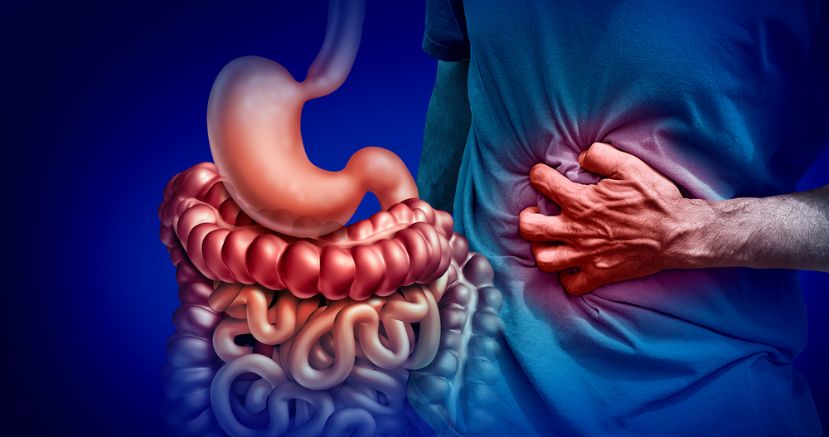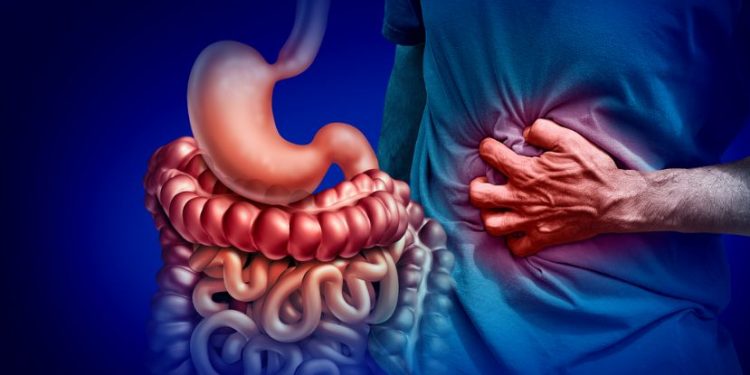Gastroenteritis symptoms include diarrhoea and vomiting (sometimes also with stomach pain or bloating). These may come on suddenly or gradually, and can last one to three days in healthy adults. They can also last longer in young children, the elderly and people with weakened immune systems.
Infection with a virus and bacteria are the most common causes of gastroenteritis. Viral infections are mainly caused by rotavirus, norovirus and adenovirus and are more common in the autumn and winter. The viruses can be caught from food or water, through contact with a person with gastroenteritis, or through coughing and sneezing.
Symptoms usually begin about a day after the infection. They can last for a few days, but usually clear up by themselves within a week.
It is usually a good idea to stay home and rest during this time. This will stop you from spreading your infection to others.
Get plenty of rest and drink a lot of fluids. It is also a good idea to eat plenty of plain, easy-to-digest foods such as crackers, toast, bananas and rice.
Avoid alcohol, caffeine, fatty foods and spicy dishes until you feel better. Your body will have a harder time digesting these when you have gastroenteritis, so it’s best not to have them while you are sick.
Try to take small amounts of water, juice, sports drinks, soups or broth regularly. These will help replace the fluids you lose.
If you are dehydrated, this can cause severe discomfort and make your symptoms worse. Babies under 6 months, older children and the elderly are particularly at risk of this. You should also check for signs of dehydration such as a dry mouth and sunken eyes.

You should get medical attention if your symptoms are worse, don’t improve after a few days, become more severe or keep coming back. You also need to see a doctor if your stool becomes bloody or pussy, you have constant abdominal pain, you have been vomiting for more than two days or if you are very dehydrated.
Vaccination against rotavirus is the best way to prevent gastroenteritis in young children. It is recommended that all children aged 20 weeks or younger receive the rotavirus vaccine.
It is also important to wash your hands thoroughly with soap and water after using the toilet or changing a baby’s nappies, before eating and before cooking food. This will stop your gastroenteritis from spreading to other people and helps to ensure you don’t get ill again.
A doctor can diagnose gastroenteritis by talking to you and examining you. Sometimes they will need to do a test to find out what is causing your stomach problems.
They might do a stool sample to look for the viruses, bacteria and parasites that are causing your stomach problems. They can then tell you if they think that you need to have treatment to get well quickly.
In most cases, you will be able to treat your gastroenteritis yourself at home with simple measures like staying at home and drinking lots of fluids. If you are very ill, your doctor will probably need to give you fluids through a drip and will give you medication to control your nausea and diarrhoea.









